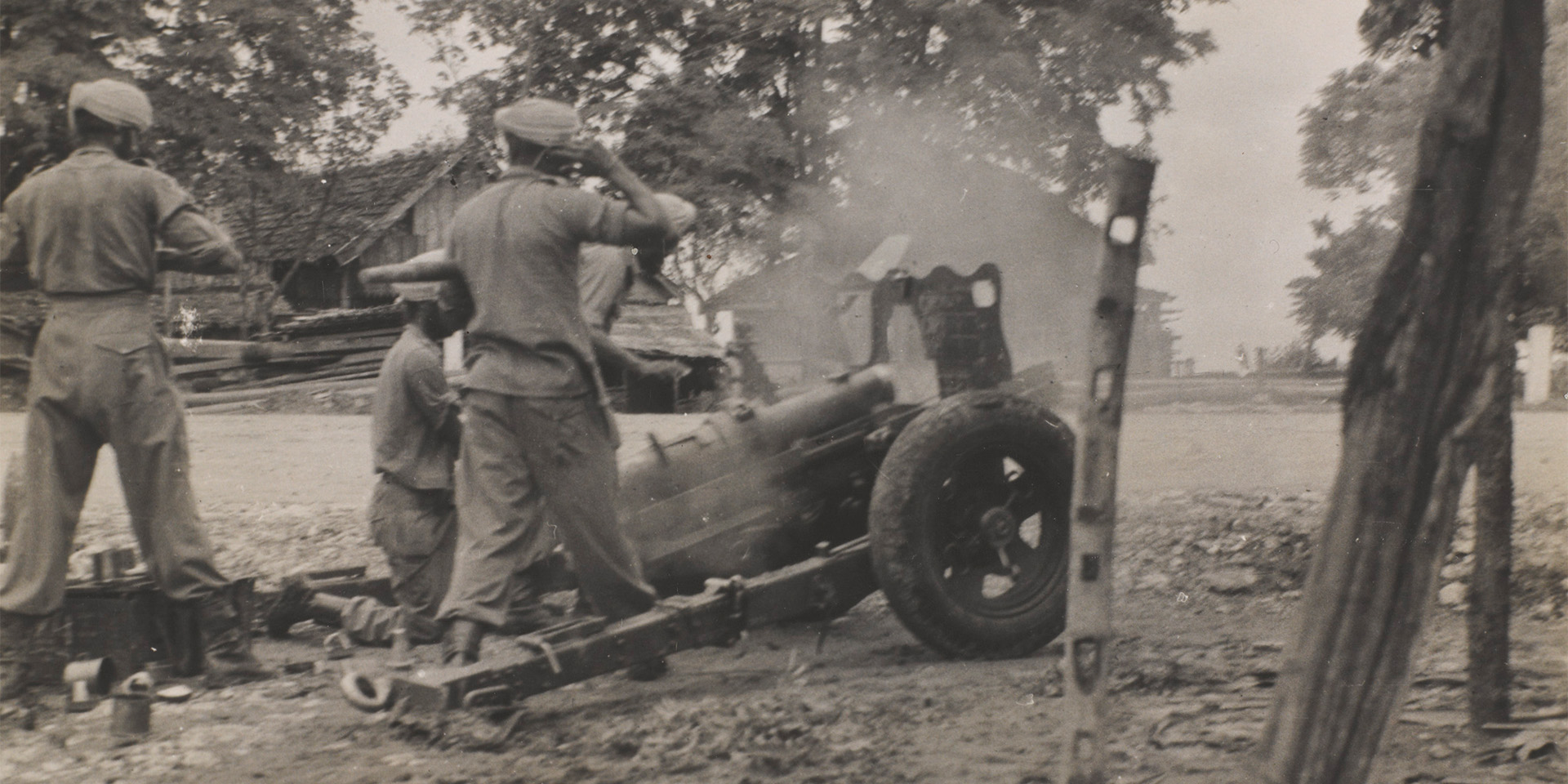By November 1945, it was abundantly clear that the peace ensuing from the Second World War was at best fragile and, in some instances, vulnerable to collapse.
In Palestine, the British Army confronted an escalating conflict between two rival nationalist movements – Jewish and Arab. The British government’s decision to maintain wartime restrictions on Jewish migration from Europe further inflamed the conflict. In response, the increasingly militant Zionist movement launched a series of terror attacks against British rule.
British and Indian soldiers remained on active duty in Southeast Asia. The British response to the death of Brigadier Mallaby in Java at the end of October escalated into a major battle with Indonesian nationalists in the city of Surabaya. Yet Britain’s rapid military success did not signal the end of the Indonesian National Revolution. Instead, the fighting now spread to the rest of the island of Java, and soon across the entire country.
Elsewhere, the challenging legacies of the Second World War were highlighted in the courtroom. In Germany, the sentencing of the Belsen trial saw Nazis brought to justice for the first time. A few days later, the International Military Tribunal in Nuremberg began its prosecution against the most senior surviving members of the Third Reich.
Meanwhile, the first trial of Indian National Army (INA) soldiers began in Delhi. INA troops had fought alongside the Japanese during the war, but were also held up as emblems of the Indian independence movement. Their conviction for ‘waging war against the King’ inspired violent protests against the continuation of British rule in India.
